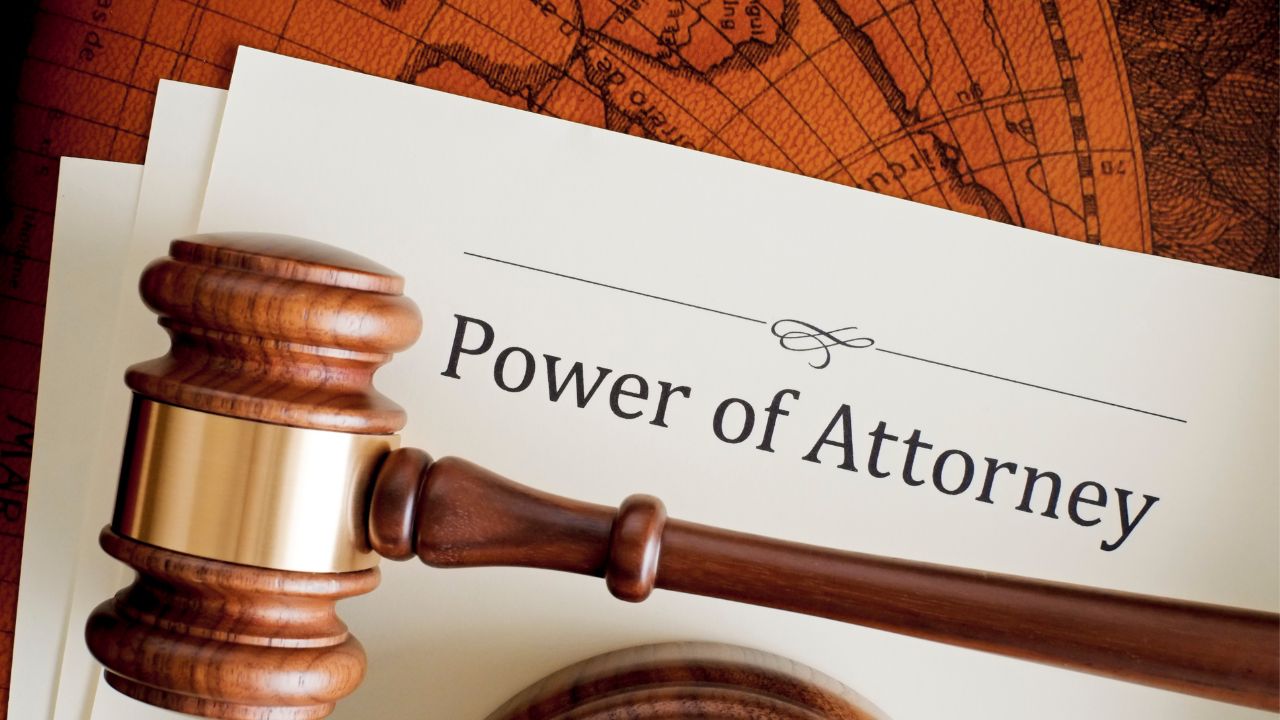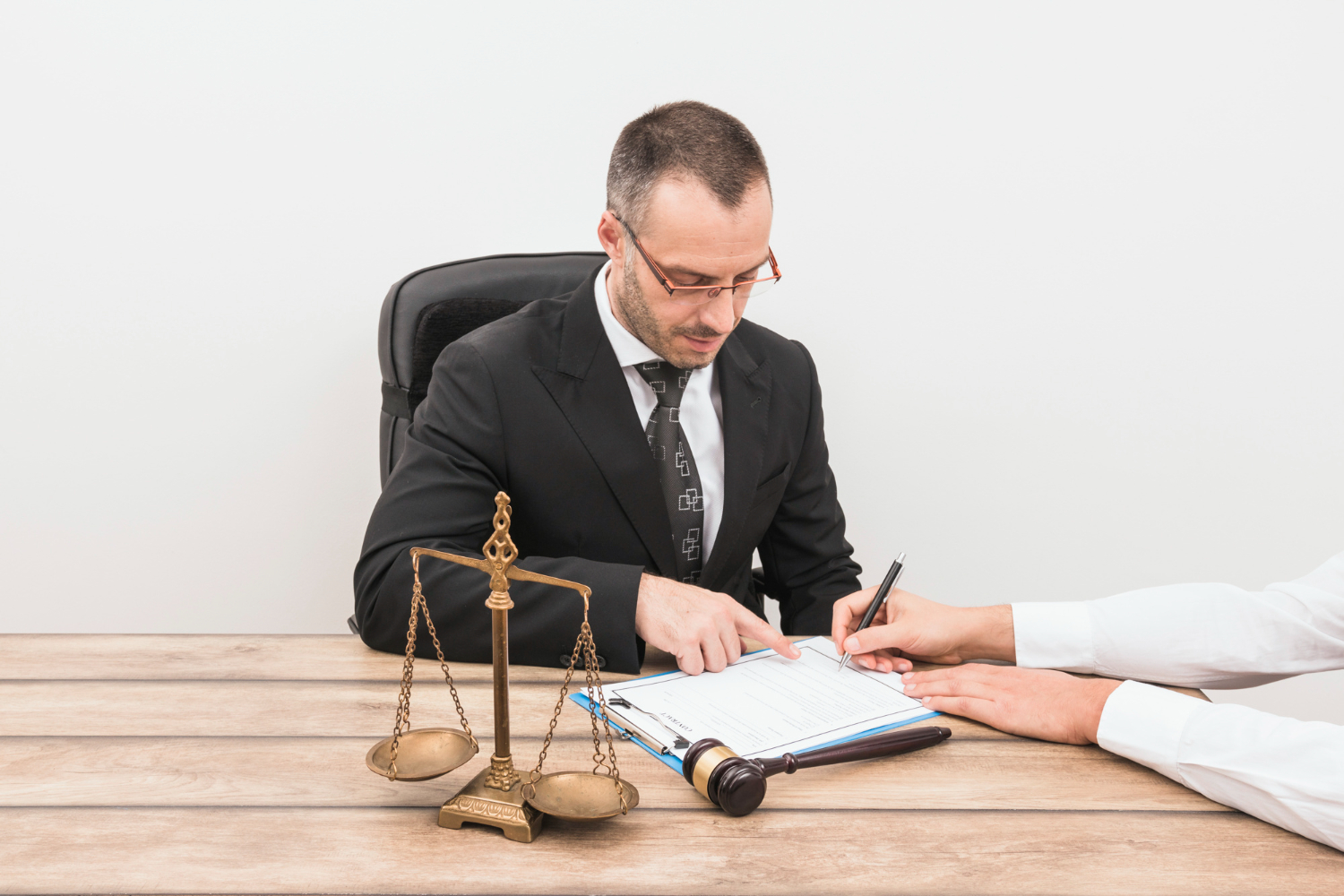In today’s evolving work environment, Workplace Discrimination Attorney equal treatment isn’t just a moral obligation — it’s the law. Unfortunately, discrimination still rears its ugly head in countless workplaces across the United States. Whether it’s being denied a promotion because of your gender, facing harassment due to your race, or enduring retaliation for reporting unfair practices, discrimination can make your work life unbearable.
This is where a skilled workplace discrimination attorney steps in. They not only help you understand your rights but also fight for justice on your behalf. This comprehensive guide will explain everything you need to know — from identifying workplace discrimination to choosing the best lawyer to represent you.
2. What Is Workplace Discrimination?
Workplace discrimination happens when an employee or job applicant is treated unfavorably because of certain protected characteristics. These characteristics are safeguarded under federal and state laws and typically include race, color, religion, sex, national origin, age, disability, and more.
Examples of Workplace Discrimination
-
A qualified female employee gets passed over for promotion repeatedly in favor of less qualified male colleagues.
-
A Black employee faces racial slurs and is excluded from team projects.
-
An older worker is laid off while younger, less experienced employees keep their jobs.
-
A Muslim employee is denied reasonable accommodation for prayer times.
Discrimination isn’t always blatant — sometimes it can be subtle, systemic, or hidden behind “company policies” that disproportionately affect certain groups.
3. Types of Workplace Discrimination
Understanding the different forms of discrimination can help you determine if you have a valid case.
3.1. Race and Color Discrimination
This involves unfair treatment because of an individual’s race or skin color. This could mean being paid less, facing offensive remarks, or being given undesirable shifts.
3.2. Gender Discrimination
Women, men, and non-binary individuals can all face gender discrimination. This includes unequal pay, sexual harassment, and pregnancy discrimination.
3.3. Age Discrimination
Under the Age Discrimination in Employment Act (ADEA), workers over 40 are protected from bias based on age. Examples include forced early retirement or denying promotions due to age.
3.4. Disability Discrimination
Employers must provide reasonable accommodations for employees with disabilities under the Americans with Disabilities Act (ADA).
3.5. Religious Discrimination
Employees have the right to practice their religion at work if it doesn’t create undue hardship for the employer.
3.6. National Origin Discrimination
Unfair treatment based on birthplace, accent, or ethnicity is illegal.
3.7. Sexual Orientation and Gender Identity Discrimination
While federal protection is evolving, many states and localities have explicit protections for LGBTQ+ workers.
3.8. Retaliation
It’s illegal for an employer to punish you for asserting your rights, like filing a discrimination complaint or participating in an investigation.
4. Federal and State Anti-Discrimination Laws
A workplace discrimination attorney understands which laws apply to your case. Key laws include:
-
Title VII of the Civil Rights Act of 1964 – Prohibits discrimination based on race, color, religion, sex, or national origin.
-
Americans with Disabilities Act (ADA) – Protects employees with disabilities.
-
Age Discrimination in Employment Act (ADEA) – Safeguards employees 40 and older.
-
Equal Pay Act of 1963 – Mandates equal pay for equal work, regardless of gender.
-
Pregnancy Discrimination Act (PDA) – Prohibits discrimination on the basis of pregnancy, childbirth, or related conditions.
Many states also have their own anti-discrimination laws, which may offer broader protection.
5. What Does a Workplace Discrimination Attorney Do?
A workplace discrimination lawyer is your advocate. Their primary role is to protect your rights and hold your employer accountable.
Key Responsibilities
-
Case Evaluation: Analyze the facts, gather evidence, and determine if you have a strong case.
-
Filing Complaints: Help you file a charge with the Equal Employment Opportunity Commission (EEOC) or your state’s agency.
-
Negotiation: Many cases settle out of court — your attorney will negotiate a fair settlement.
-
Litigation: If necessary, they will represent you in court and argue your case before a judge or jury.
-
Guidance: Offer legal advice at every step to ensure you make informed decisions.
6. How to Know If You Need a Workplace Discrimination Lawyer
Not every workplace disagreement qualifies as discrimination. So, when should you call an attorney?
Red Flags That May Warrant Legal Help
-
You’re experiencing harassment or offensive remarks about a protected characteristic.
-
You’ve been demoted, fired, or denied a promotion for discriminatory reasons.
-
You’re being retaliated against for reporting discrimination or harassment.
-
Your employer refuses to provide reasonable accommodation for a disability or religious practice.
-
HR or management dismisses or ignores your complaints.
If any of these apply, consult with a workplace discrimination lawyer as soon as possible.
7. Steps to Take Before Hiring an Attorney
Your actions can strengthen (or weaken) your case. Follow these steps:
7.1. Document Everything
-
Keep emails, text messages, performance reviews, or other evidence.
-
Write down dates, times, and details of incidents.
7.2. Report Internally
Use your company’s formal complaint procedure. Report the issue to HR or your manager.
7.3. File a Charge with the EEOC
Most federal discrimination claims require you to file with the EEOC first. There are strict deadlines (usually 180 or 300 days, depending on your state).
7.4. Don’t Miss Deadlines
Missing filing deadlines can jeopardize your entire case.
8. How to Find the Right Workplace Discrimination Attorney
Hiring the right lawyer is crucial. Here’s how to choose wisely.
8.1. Look for Specialized Experience
Workplace discrimination law is complex. Choose an attorney who focuses on employment law.
8.2. Check Credentials and Reviews
Read online reviews, check the attorney’s bar status, and ask for references.
8.3. Schedule Consultations
Many offer free or low-cost consultations. Ask about:
-
Their experience with similar cases
-
Success rates
-
Their fee structure (hourly, contingency, flat fee)
8.4. Trust Your Instincts
You’ll be sharing sensitive information. Make sure you feel comfortable with your attorney.
9. What to Expect During a Workplace Discrimination Case
9.1. Initial Consultation
Your lawyer will assess the facts and determine if you have a viable claim.
9.2. Filing the Complaint
Your lawyer will file a charge with the EEOC or the appropriate agency.
9.3. Investigation
The agency investigates your claim. They may interview witnesses and request documents.
9.4. Mediation or Settlement Talks
Many cases resolve during mediation, saving time and money.
9.5. Litigation
If mediation fails, your attorney may file a lawsuit in civil court. This phase can include:
-
Discovery: Gathering evidence through depositions, subpoenas, etc.
-
Motions: Legal arguments to resolve or narrow issues.
-
Trial: Your attorney presents your case before a judge or jury.
10. Potential Outcomes of a Discrimination Lawsuit
10.1. Settlement
Many employers settle to avoid publicity and legal costs.
10.2. Court Award
If you win at trial, you may receive:
-
Back pay for lost wages
-
Reinstatement or promotion
-
Compensatory damages for emotional distress
-
Punitive damages (in severe cases)
-
Attorney’s fees and court costs
10.3. Non-Monetary Relief
Employers may be required to change policies, provide training, or make reasonable accommodations.
11. Frequently Asked Questions
Q: Can I afford a workplace discrimination attorney?
Many attorneys work on a contingency basis — they only get paid if you win.
Q: How long do I have to file a claim?
Strict deadlines apply. For most EEOC claims, it’s 180 or 300 days from the date of the incident.
Q: What if I’m still employed?
You can still file a claim, but you may face retaliation. A lawyer can help protect you.
Q: What evidence do I need?
The stronger your documentation — emails, notes, performance reviews — the better.
Q: What if the discrimination happened years ago?
If it’s past the filing deadline, you may not have a case. Talk to an attorney about any possible exceptions.
You can also read: Affordable Family Law Attorney Near Me Today
12. Conclusion
Discrimination in the workplace can be devastating, but you don’t have to face it alone. A skilled workplace discrimination attorney can help you navigate complex employment laws, protect your rights, and fight for fair treatment.
Don’t let fear of retaliation or complicated legal procedures stop you from seeking justice. By understanding your rights, documenting your experience, and choosing the right lawyer, you can hold your employer accountable and pave the way for a more equitable work environment — not just for you, but for everyone who comes after you.
If you or someone you know is experiencing workplace discrimination, take that first step today: consult with an experienced attorney who specializes in workplace discrimination cases. Your courage could change your life — and someone else’s.




